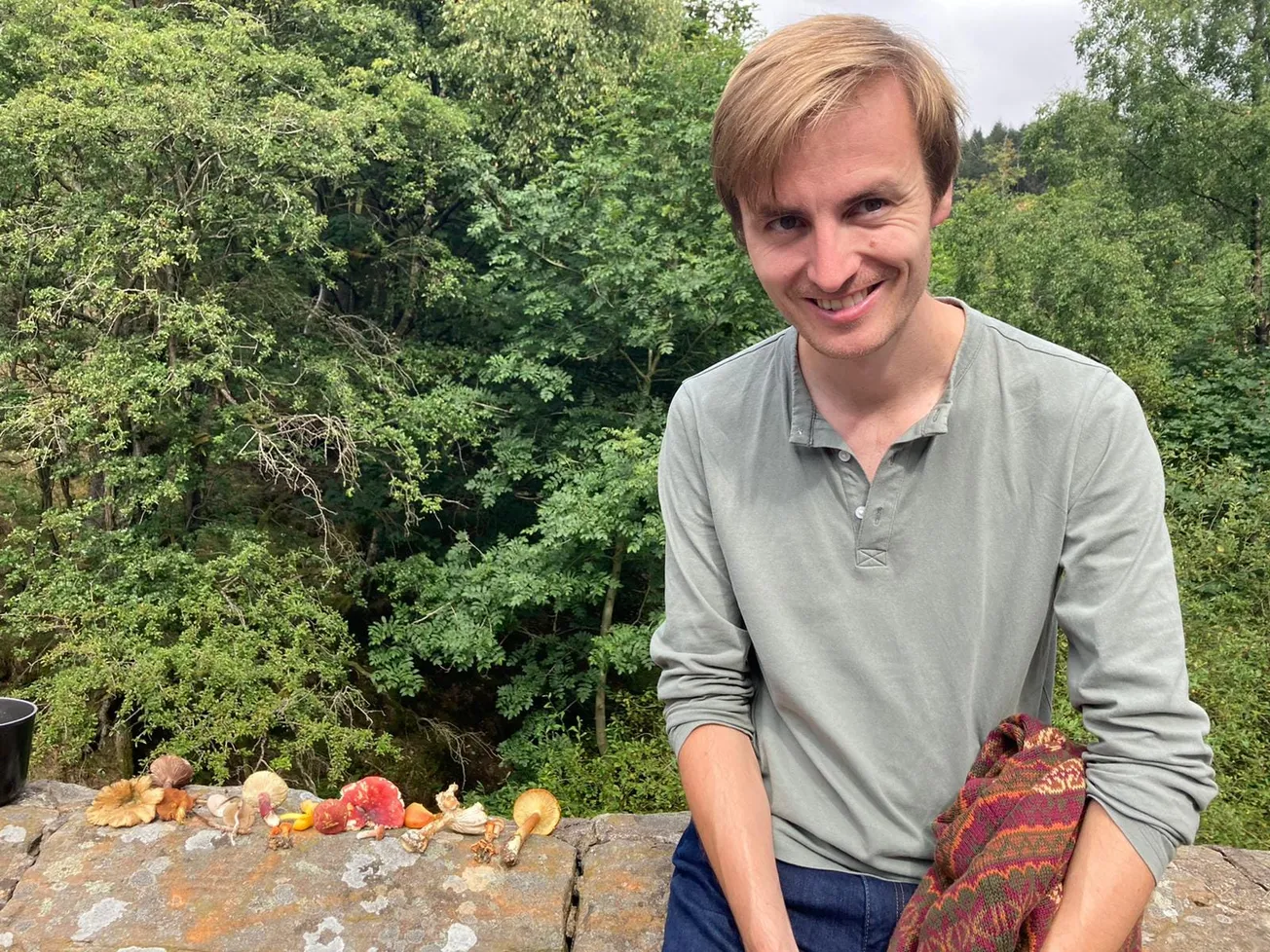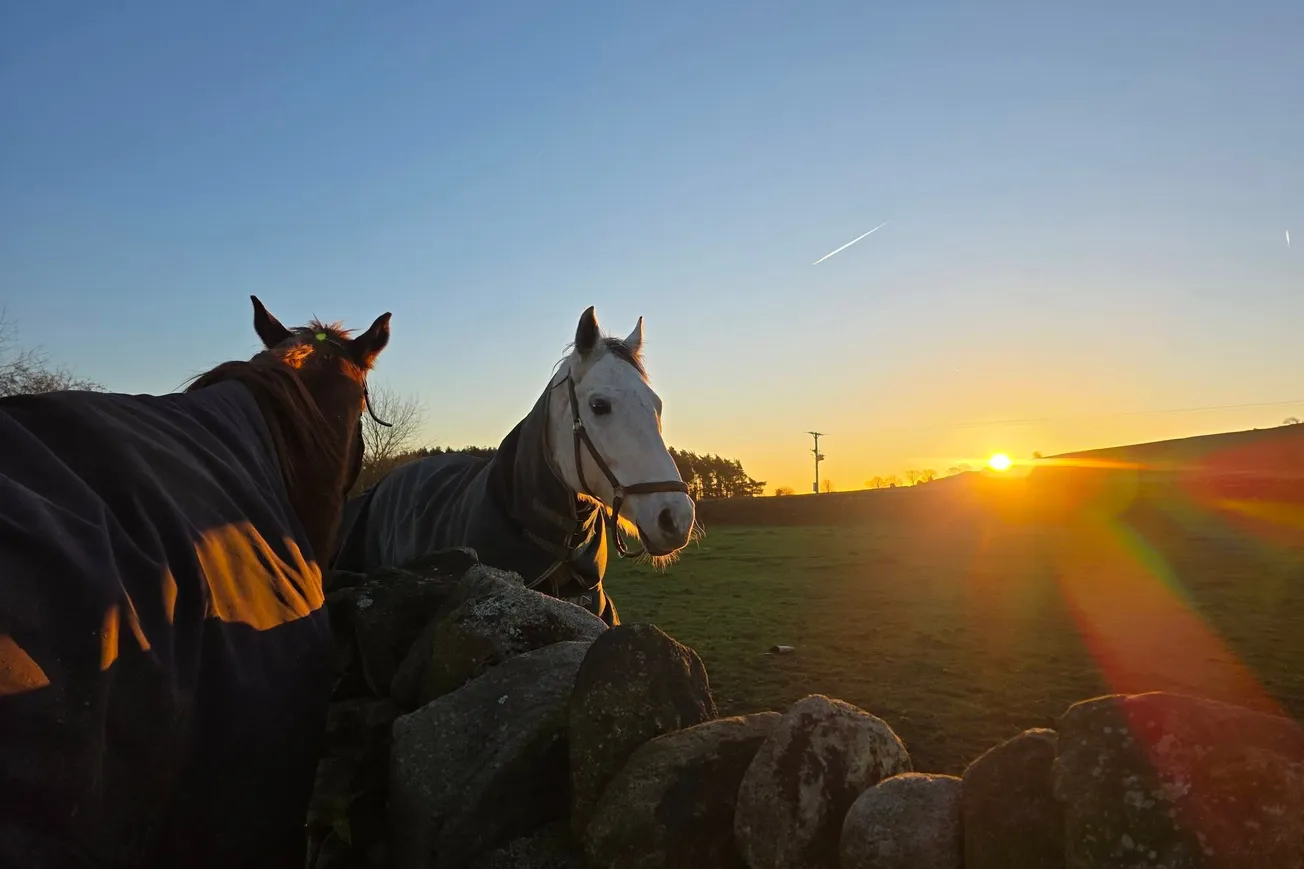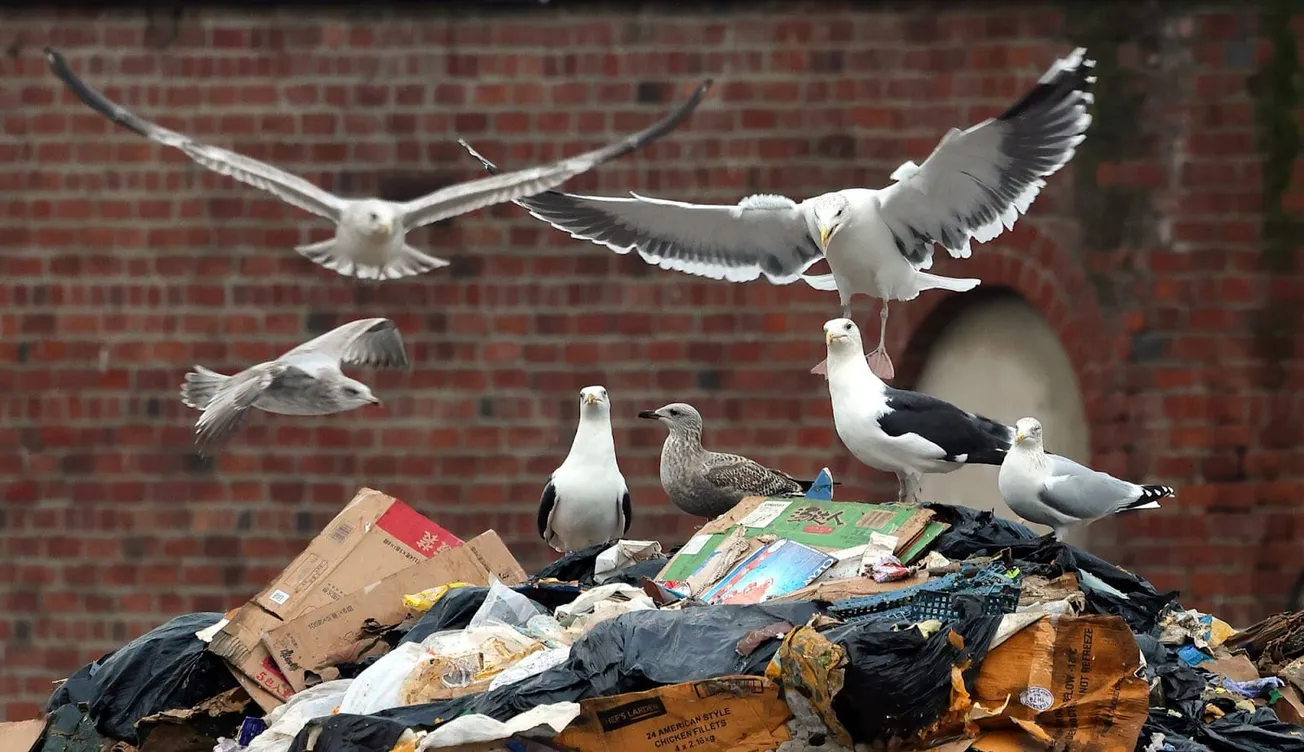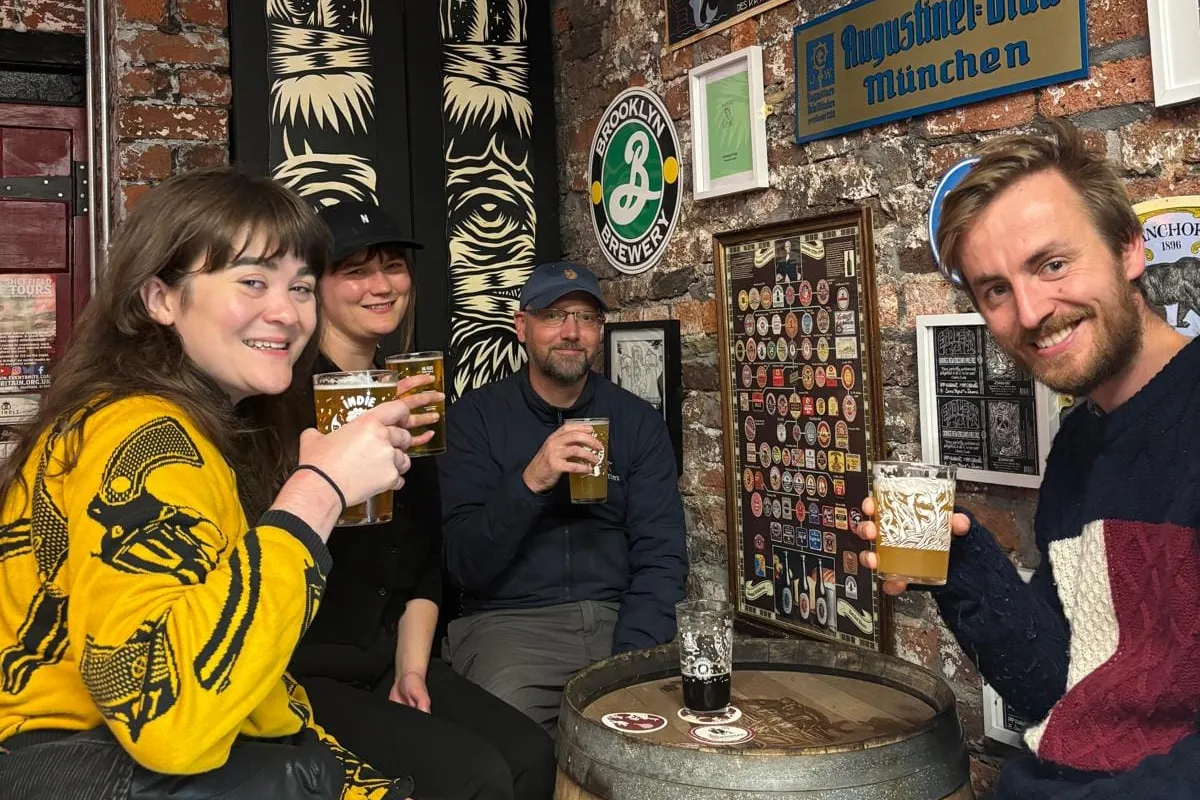Good morning,
You’ve heard a bit more from me recently, but I wanted to introduce myself properly. Who is this person who keeps sending you maps and charts and interactive data stories? I’m Daniel Timms and I’m the Tribune’s newest Premier League signing (as Sophie insists on calling me) — a data journalist who also splits his time between the Trib’s sister papers in Manchester and Liverpool.
When you’re a child, you think: I want to be an astronaut, or a vet, or a magician. There’s this incredible black and white certainty about how things will play out. One lovely thing about getting older has been the slow realisation that life’s a bit more twisty and turny than that — one career might develop into another. You might be an astronaut who spends a bit of time doing veterinarian work and who later, after some hard thinking, becomes a magician. That’s a more colourful version of how I ended up here, anyway.
You’ll forgive me for one key point in my biography: I’m not from Sheffield. But I’m from another corner of England that is almost as blessed with natural beauty — the Norfolk Broads. It’s gorgeous. Very flat, very quiet. It’s not too far from the sea — go to the right beach in Winter and you’ll see hundreds if not thousands of seals.

I left Norfolk for Oxford, where I studied PPE. Afterwards, my first job was as a trainee in a church in Oxford, which gave me a sense of what life in the ministry might be like. At that point, I was in a fairly classic situation for a recent graduate. I didn’t have much idea about what I wanted to do, I just knew what I didn’t want to do: live in London. My stint at the church was a great introduction to the world of work, because my time there was so varied — I was expected to take on student work, children's work, admin, practical tasks, giving talks, figuring out mass catering and more.
During that time, I started applying to graduate schemes more or less at random, and ended up at the construction and facilities management company Carillion, who offered me a graduate role in Sheffield when I was 23. As a country boy, I was thrilled at the prospect of living so close to the countryside, and living just down the road from the Peaks was a massive draw. I once read a Reddit post which compared Manchester to Mordor (the fiery hellscape from the Lord of the Rings books) and Sheffield to the Shire (the cosy and idyllic hometown of the hobbits). I don’t know about the Manchester comparison, but Sheffield as the Shire feels entirely on the money. The longer I’ve lived here, the more and more lucky I feel to get to live in somewhere that feels so blessed with beauty. Once, when on a Peak District club ride a fellow cyclist commented: “This lad from the flatlands of Norfolk is not bad on the hills” — incidentally one of the proudest moments of my life — I felt I belonged.

Not long after, Carillion went under (not my fault, honest) and aged 24, I moved to the economic consultancy Metro Dynamics. I went there because I was interested in how cities work, and I was hoping to learn how to get more powers for places in the North. Some years later, I stumbled across the Trib’s sister paper in Manchester, The Mill, and had an interesting conversation with the founder, Joshi Herrmann, about how cities like Manchester would look different after the pandemic.
Perhaps because of this conversation, Joshi got in touch some months later. Did I know that the Tribune existed? A glorious Sheffield sister paper of the Mill which also offered thoughtful longform journalism (reader, I must confess, I did not). Would I consider writing something about the geography of working from home in Sheffield? Joshi knew that at the time, I was working with a group of academics on a study on this topic. It was about modelling the impact on high streets in different places, and the effect on the number of jobs in retail due to the rise in working from home. Effectively, it suggested that more people were spending their disposable income in suburbs where they were working from home and less in city centres where offices are based.
The upshot was, I wrote an article on this for The Tribune. I’d never really thought about journalism before, so I was surprised by how much fun the whole thing was — taking this work that had taken a lot of time, which would normally only reach a small group of academics and policy wonks and translating it into something that was enjoyable for other people to read. Friends in Sheffield who don’t tend to read my more academic work texted me about it, and my parents said they loved it (my parents are endlessly supportive, but even they would be tested by some of my longer policy reports).
It lit a fire under me to do more data journalism. I started writing for The Tribune more regularly, covering everything from climate change to playgrounds to why I think maps are such powerful means of communicating complex information. I jumped at the chance to work as a data journalist here. I really enjoy the challenge of trying to distil complex topics and datasets into what I hope are compelling stories.

But obviously, this work takes time. It isn’t something you can bash out in an hour or two. It requires me to pore over enormous data sets, interview experts and fact check and double fact check myself. It also requires me to create interactive data stories (something I hope adds value for readers, allowing you to delve more deeply into the trends I identify). I also try to take the time to respond at length to individual comments on my stories, so that if you have questions about complexities in the story, I can clarify them. Basically, I want you to understand the city you love and live in better.
To be clear, this isn’t some sort of unpaid internship or something I do around my 9-5. The only way the Trib has been able to hire me has been because of its paid subscribers. So thanks to those of you who already pay for a subscription.
But for those of you who haven’t yet taken that step, I’d like to appeal to you to do so today. We’re still a new operation and we’re still figuring out how to do this as an independent media company. If you value the work we put out, and think we make Sheffield a better, more hopeful, more transparent place, I’d urge you to make the move to paying today.
Build it and they will come! That’s the theory we’ve been operating according to. At this moment in time, every single subscription makes a difference. If you’re thinking, Oh, I’ll leave it and might subscribe next time, perish the thought. We need you. We’re not the Times or the New York Times or the Washington Post. We don’t have so many paid subscribers that your subscription is a drop in the ocean.
So if you love the work that we do, and are financially able to spring for what is, effectively, the cost of two pints a month, we’d be delighted to have you on board as a paid subscriber.
Hit the button below!
Comments
How to comment:
If you are already a member,
click here to sign in
and leave a comment.
If you aren't a member,
sign up here
to be able to leave a comment.
To add your photo, click here to create a profile on Gravatar.







